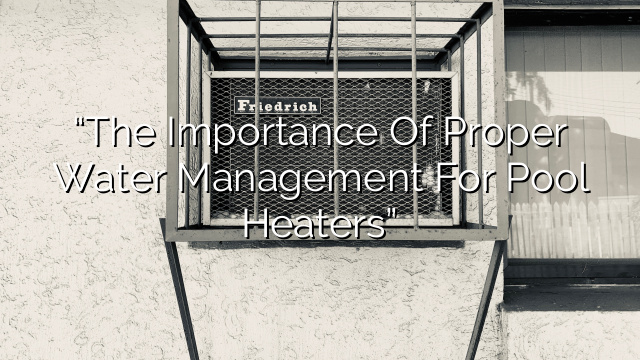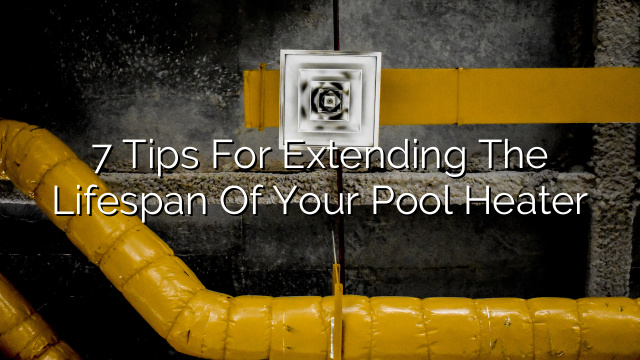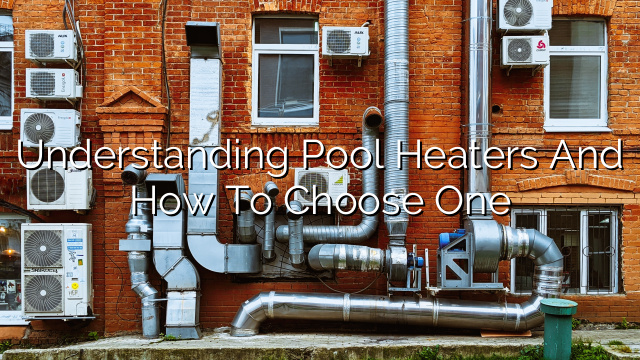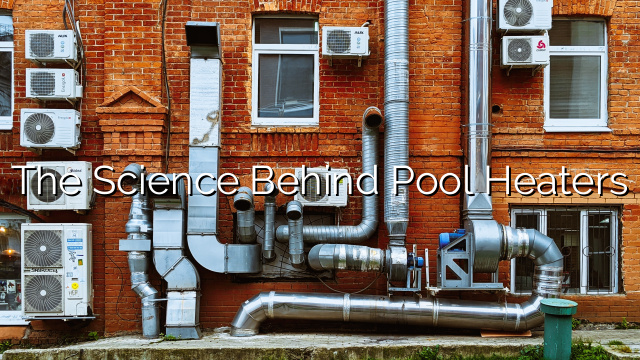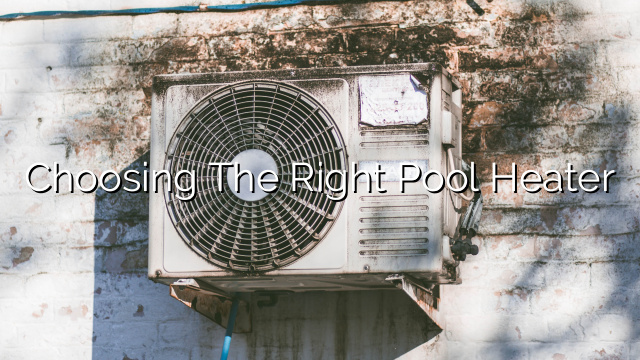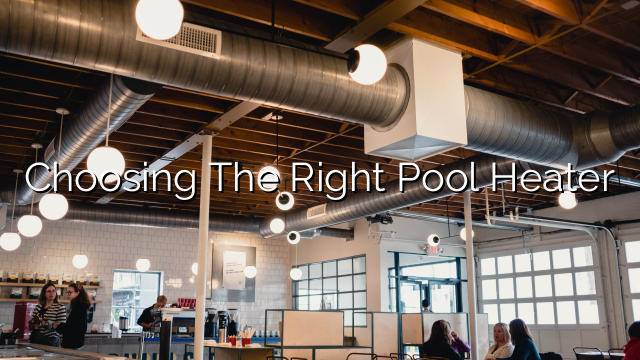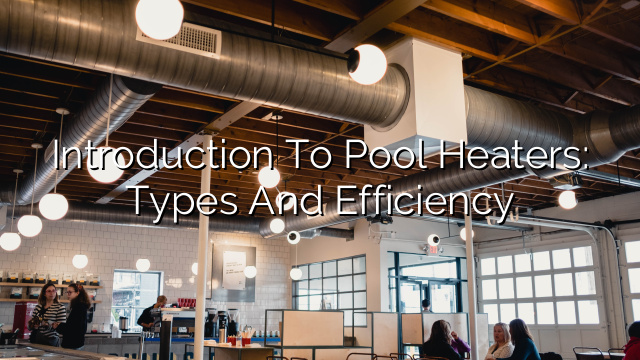Pool heaters are a key component of any swimming pool, ensuring that the water stays at a comfortable temperature regardless of the weather outside. However, in order for pool heaters to function effectively and efficiently, proper water management is crucial. This blog post will explore the importance of water management for pool heaters, and provide some tips on how to maintain optimal water quality for the best heating performance.
Why is water management important?
1. Heating efficiency: Proper water management is essential for optimizing the efficiency of pool heaters. When the water is kept clean and balanced, the heater can operate at its maximum efficiency, providing better performance and faster heat-up times.
2. Preventing damage: Poor water quality can lead to corrosion, scaling, and other damage to pool heaters. When contaminants and minerals build up in the water, they can accumulate on the heat exchanger, reducing its efficiency and lifespan. By properly managing the water chemistry, pool owners can prevent costly repairs and extend the life of their pool heaters.
3. Energy savings: When pool heaters are operating at their maximum efficiency, they consume less energy to heat the water. This can result in significant energy savings and lower utility bills. By maintaining proper water chemistry and filtration, pool owners can ensure that their heaters are operating as efficiently as possible.
Tips for proper water management
Now that we understand the importance of water management for pool heaters, let’s discuss some tips on how to achieve and maintain optimal water quality:
1. Regular water testing: Testing the water regularly is essential for maintaining proper water chemistry. Pool owners should test the water for pH, alkalinity, calcium hardness, and sanitizer levels. This can be done using test kits or by taking a water sample to a local pool store for analysis. Based on the test results, appropriate adjustments can be made to the water chemistry to ensure optimal conditions for the pool heater.
2. Proper filtration: A well-functioning filtration system is crucial for removing contaminants from the water. Pool owners should ensure that the filter is clean and in good working condition. Regularly backwashing or cleaning the filter can help maintain its efficiency. Additionally, using a pool cover when the pool is not in use can reduce the amount of debris entering the water, reducing the load on the filtration system.
3. Regular cleaning and maintenance: In addition to proper filtration, regular cleaning and maintenance of the pool and its equipment are essential. This includes vacuuming the pool, brushing the walls and floor, and skimming the surface for debris. Pool heaters should also be inspected and cleaned regularly to prevent buildup of minerals and contaminants. Consult your pool heater’s manufacturer’s manual for specific cleaning instructions.
4. Proper water balance: The pH, alkalinity, and calcium hardness of the water should be kept within the recommended ranges for optimal water quality. High or low pH levels can affect the efficiency of the pool heater and cause damage to the equipment. Pool owners should also be mindful of the chlorine or other sanitizer levels in the pool, as high levels can also lead to corrosion and damage to the heater.
FAQs
Q: How often should I test the water in my pool?
A: It is recommended to test the water at least once a week, and more frequently during periods of heavy use or extreme weather conditions.
Q: Can I use regular tap water to fill my pool?
A: Tap water can be used to fill the pool, but it often contains minerals and impurities that can affect the water balance. It is recommended to use a pre-filter or treat the water before filling the pool to minimize these issues.
Q: How long should I run my pool pump and filter?
A: The pool pump and filter should be run for at least 8-12 hours a day to ensure proper filtration and water circulation. However, the specific duration may vary depending on the size of the pool and the current weather conditions. Consult a pool professional for personalized advice.
Q: Can I use a pool cover to maintain water quality?
A: Yes, using a pool cover when the pool is not in use can help reduce the amount of debris entering the water and minimize evaporation. This can reduce the load on the filtration system and help maintain better water quality.
Q: What should I do if my pool heater is not heating the water properly?
A: If your pool heater is not heating the water properly, it is recommended to check the water chemistry, clean the filter, and inspect the heater for any signs of damage or blockages. If the issue persists, consult a professional pool technician for further assistance.
In conclusion, proper water management is crucial for the optimal performance of pool heaters. By regularly testing the water, maintaining proper filtration, cleaning and maintaining the pool and its equipment, and ensuring proper water balance, pool owners can enjoy efficient heating, prevent damage to their heaters, and save on energy costs. Implementing these tips will not only prolong the life of your pool heater but also enhance your overall swimming pool experience.

